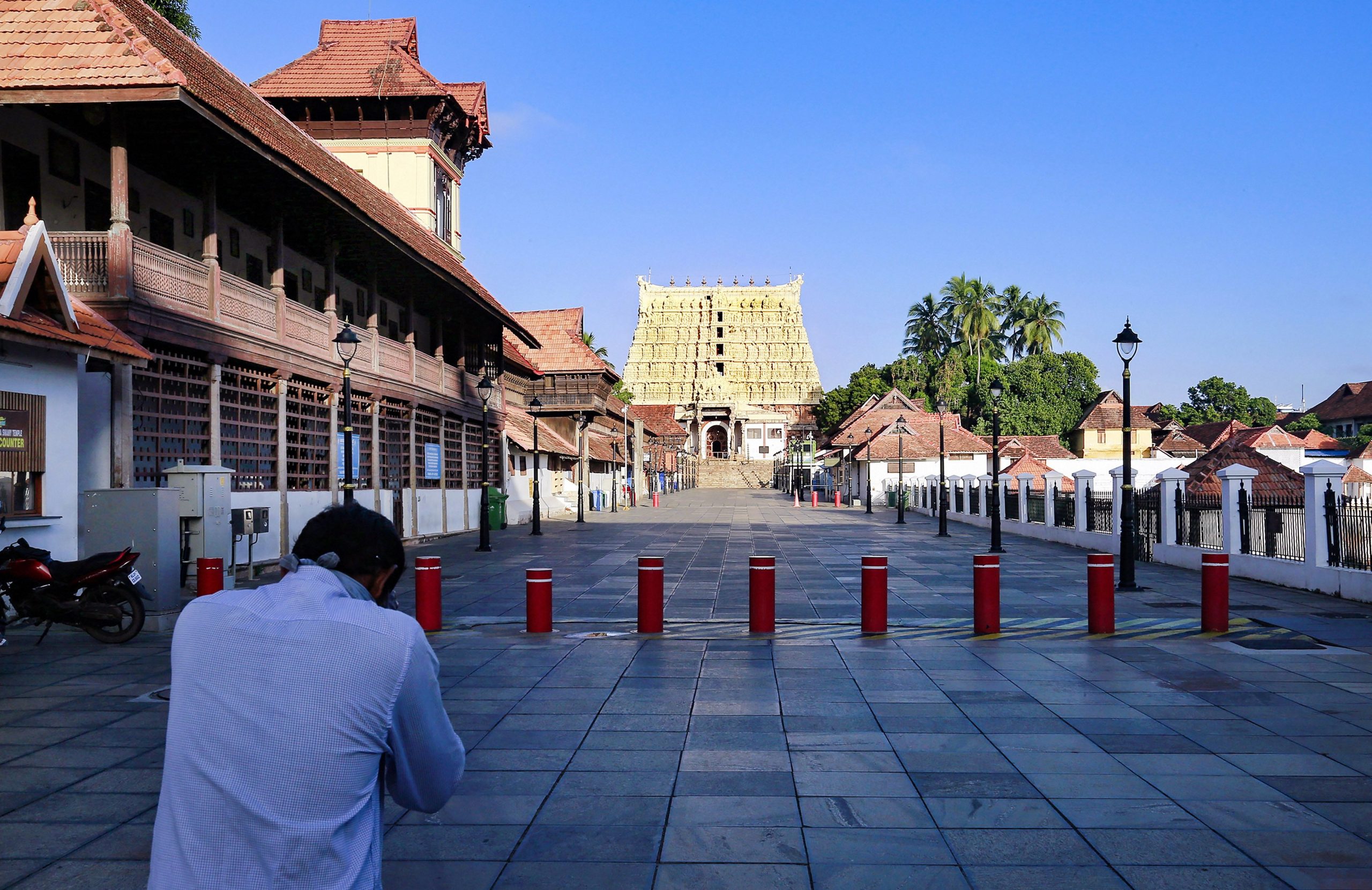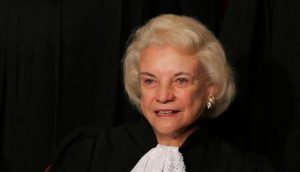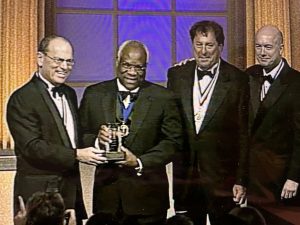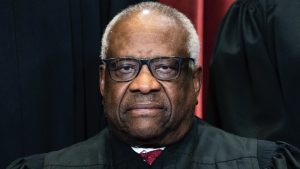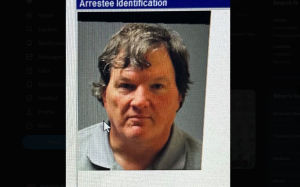The Supreme Court verdict on Monday underlines the power of succession as it upheld the right of Travancore family members known for their singular devotion to the deity of Sree Padmanabhaswamy Temple. Setting aside the 2011 verdict of the Kerala High Court that directed the state government to take control of the historic temple in state capital Thiruvananthapuram, the top court also left it to the royals to decide the opening of the last secret vault, which has been shut for years. The royal family, the temple priests and Vedic scholars believe that any effort to unlock the vaults will bring in misfortune.
The verdict of far-reaching consequences highlight the fact that rights over the temple management could be acquired through succession, and it did not end with the death of Chithira Tirunal Balarama Varma, the last Maharaja of Travancore, who had signed the Covenant of the Agreement of Accession to the Indian Union in 1949.
In its petition challenging the High Court order against the right to succession, the royal family had made it clear that they are not making any claims to the temple wealth, which “belong only to the deity”. The family wanted to assert their right to be part of the management of the temple that is historically and ritually connected to Travancore. The kings of the erstwhile Travancore kingdom called themselves “Padmanabha Dasas” or vassals of the deity who was considered the sovereign.
Today’s verdict has not looked into controversies that have been raging over the past few years since the temple’s five of six vaults were opened in 2011 and a treasure trove worth thousands of crores was recovered. Instead, the Supreme Court has entrusted the temple management with the committee constituted under a district judge till the new committee takes over.
And, the top court has also accepted the trust’s suggestion to constitute a new committee for temple administration. The five-member committee would be chaired by a retired judge selected by the Chief Justice of the Kerala High Court. The trust, state government and the central government can nominate one member each, and the temple priest will be the fifth member.
In its affidavit filed in the court, the state government had suggested an eight-member committee, five nominated by the Cabinet members and a member of the royal family, Devaswom Board and the chief priest being the rest. The Supreme Court has rejected this suggestion, ruling in favour of the committee to be headed by a retired judge.
The question everyone seems to be asking is, “What about Vault B?” It will be solely decided by the new committee taking into consideration all aspects of the case, beliefs and traditional practices. The valuation of the collection of antiques found in the vault will also be considered by the committee as historians have been stressing the need to preserve the treasure that is linked to the history of the land. There have been suggestions about moving the collection to museums for its scientific and systematic storage while many want the treasure to be left where it is now – in the dark chamber underneath the temple.
The state government has said that they would not appeal against the verdict that has reiterated the royal family’s rights over the temple. Though the Supreme Court verdict does not answer questions about the actual worth of the treasure or its preservation or about the mysterious Vault B, for now the Sree Bandara Thiruvara or the temple treasury will remain undisturbed till the new committee takes a decision.

